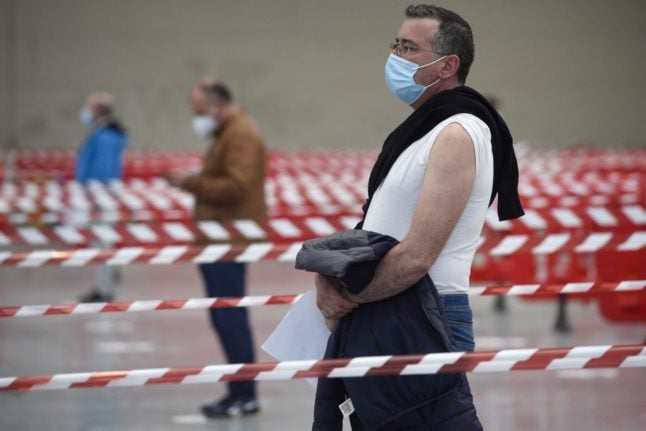When the AstraZeneca vaccine was approved for use by European Union regulators in January, Spain said it would only be used on those under 55 for lack of data from trials in older age groups.
But since then, more trial data has shown the efficacy of the vaccine, and other nations have expanded the use of the jab to older people.
“The age limit set at 55 years is abolished and the limit is extended to 65 years,” Health Minister Carolina Darias told a news conference following a meeting with regional health departments.
The decision came two days before Spain was to resume use of the AstraZeneca vaccine after the EU’s drug regulator deemed the jab “safe and effective”.
Last Monday, Spain and several other European countries said they were suspending use of the AstraZeneca vaccine after reports linked it to blood clots in a very small number of people.
READ ALSO:
- No link between death of Spanish teacher and AstraZeneca vaccine, autopsy reveals
- OPINION: European governments were cautious on AstraZeneca vaccines but they were neither stupid nor ‘political’
While many have resumed using it, or like Spain will do so shortly, an opinion poll on Monday showed Europeans remained sceptical over its safety.
“As I have said on other occasions, the vaccines are safe, effective and they save lives,” Darias said of the fears.
The move to resume the vaccine’s use and to expand the age limit to older people should help accelerate the country’s inoculation drive.
The government has vowed to vaccinate 70 percent of Spain’s population by the end of summer.
So far some 2.1 million people in the nation of around 47 million people have been fully vaccinated, mainly residents and workers in nursing homes who were given priority.
Spain, which is also administering the Pfizer/BioNTech and Moderna vaccines, has so far recorded more than 73,500 coronavirus deaths from more than 3.2 million cases.



 Please whitelist us to continue reading.
Please whitelist us to continue reading.
Member comments